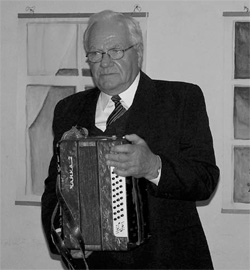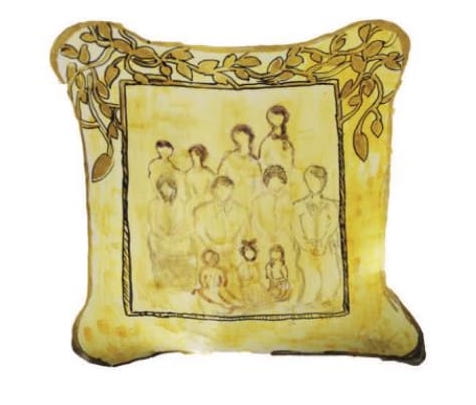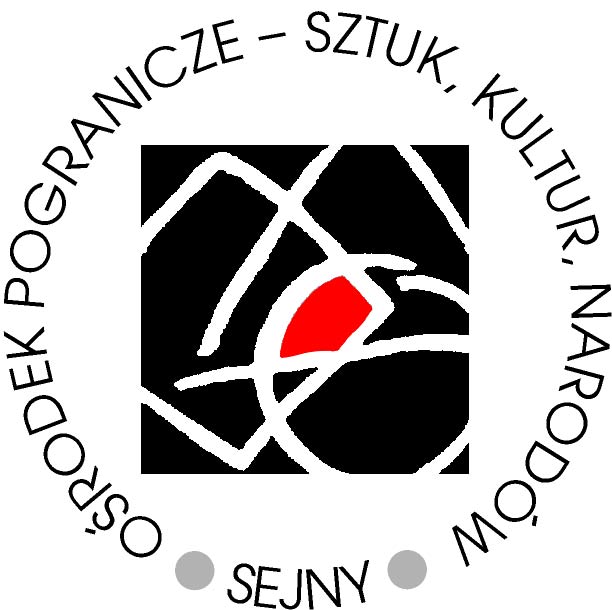Olgierd Skrypko (76 years old) tells his story

In family - I was the youngest, so you know, I had to pasture the gees at first, and then the cows. When you pasture the cows, you are a man, so I pastured our cows and of the neighbor. And the neighbor - his name was Paszkiewicz - had some small accordion.
I pastured the cows and I also tilled the ground so that he let me hold this accordion at least for a while, or look at it better. Once, in the evening after I finished with the cows, I sat down, and he gave this accordion to me.
I was born in a village called Dusznica. Dusznica is on the Polish-Lithuanian border. Before the war, until 1936, one-fourth of the farm properly was on the Lithuanian side. Thus, everyday we had to cross the border to Lithuania to work the fields. That was quite difficult and time-consuming-- we had to report to the border patrol soldiers evening before. We had permanent day passes, but we still had to report to KOP every evening and let them know that the following day at 8 a.m. such and such a number of people would be crossing the border, and would be bringing across so many cows, or sheep, or horses with them.
At 8 a.m. they opened the gate and checked our day passes. Then we all crossed on our wagons. And then we were be stopped by the Lithuanians who would check to see, for example, whether our day passes were valid. And there were also set hours in the afternoon when we had to be back at the post to cross the border again.
And because I lived near the border, I can say that then - as now - there was contraband involved. Willy-nilly we had to do a little bit of business.
So what kind of business was it?
On our way to Lithuania we carried various materials --- usually thick shawls, the kind that women wore, while on our way back we brought anything we could get our hands on: tobacco [Polish machorka], salt, saccharin, and on a larger scale, we even bought geese over there. By way of explanation, I should add that I was the one herding the geese, and my older brother and sister did the buying and selling - as I was the youngest I got to herd the geese. With fifty or maybe even a hundred geese we could turn in a nice profit. In Lithuania a goose cost 2 lity and 50 grosze, while in Poland before the war one cost 5 złoty (and the złoty was then worth 1.20 lita). So let's say we bought one goose in Lithuania and sold it on the Polish side, then we could buy 2 geese in Lithuania. If we bought 100 geese and sold them, we could then buy 200 more. And that was already quite a profit.
I remember one day we were herding our geese, it was already autumn, and we had no way of knowing that it would snow later that evening. As for the goose trade, it always took place in autumn. But in any case… the snow started falling, and we still had these 100 geese to herd during the night. We always herded them at night, because that's when they are almost totally silent, not a peep out of them, they just huddle together, close to each other in a gaggle, and sometimes they give a quiet honk or two - so it was no trouble at all to lead them across the border like that. But because the snow fell, well, you know what roads look like after it has snowed. And so the military boys found our tracks and all I know is that this Jewish fellow from Sejny - a Zenryk or a Szczupacki - was waiting for us in Krasnogruda. That was our meeting place, and we had all the geese tied together and ready to go, and he had already paid, and just then the army bursts in! Ah, the things that happened then with these geese of ours…








